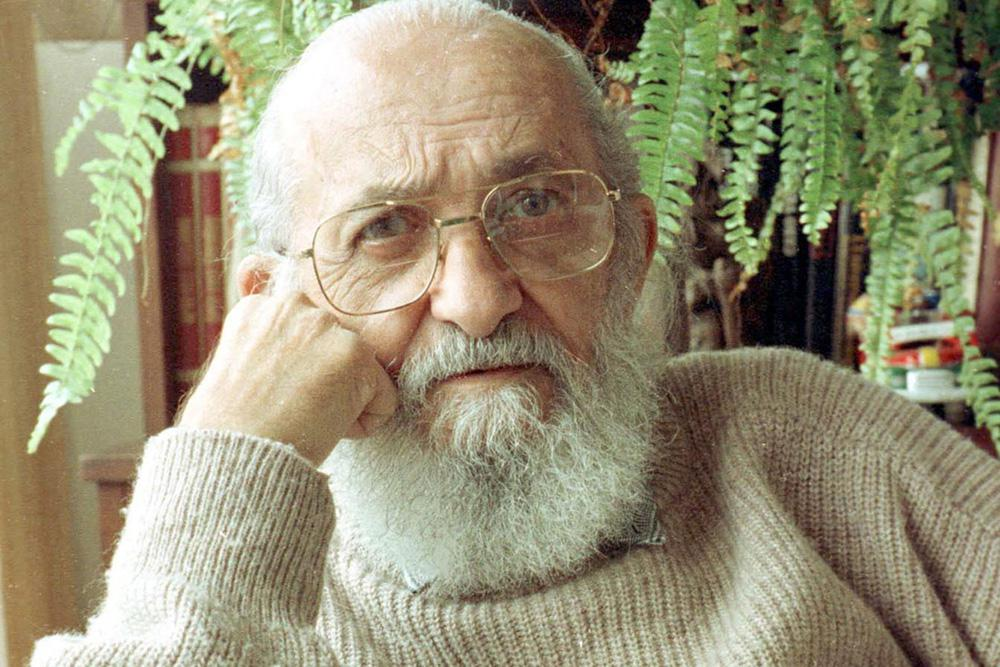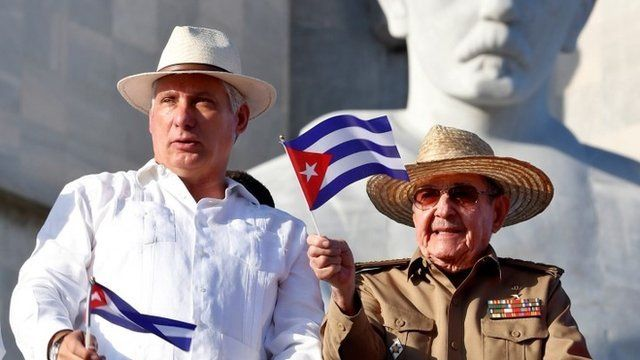Paulo Freire, born on the 19th of September in 1921, was a Brazilian philosopher and radical pedagogue most known for his 1968 work Pedagogy of the Oppressed. "Language is never neutral."
Paulo was born in Recife, the capital of the northeastern Brazilian state of Pernambuco. Initially affluent, his family experienced hardship during the Great Depression of the 1930s, and Freire's education suffered due to his own experiences with poverty and hunger.
Freire began working as a schoolteacher in the 1940s, beginning to serve as the director of the Pernambuco Department of Education and Culture in 1946. Due to the 1964 Brazilian coup d'état, where a military dictatorship was put in place with the support of the United States, Paulo Freire was exiled from his home country, an exile that lasted 16 years.
Freire then worked in Chile, until April 1969 when he accepted a temporary position at Harvard University. It was during this period, in 1968, that Freire published his most famous work, "Pedagogy of the Oppressed".
In this text, Freire criticizes what he calls the "banking method" of education, wherein a teacher "deposits" knowledge into an empty vessel, the student, or "bank". Instead, Freire calls upon teacher to engage in a more dialog-centric or creative education, one in which the suppressed experiences of the oppressed help create knowledge, fostering a social reality in which the marginalized are humanized.
Pedagogy of the Oppressed has since become the third most cited book in the social sciences, according to Elliott D. Green. As of 2000, the book had sold over 750,000 copies worldwide.
"Manipulation, sloganizing, depositing, regimentation, and prescription cannot be components of revolutionary praxis, precisely because they are the components of the praxis of domination."
Paulo Freire
Megathreads and spaces to hang out:
- 📀 Come listen to music and Watch movies with your fellow Hexbears nerd, in Cy.tube
- 🔥 Read and talk about a current topics in the News Megathread
- ⚔ Come talk in the New Weekly PoC thread
- ✨ Talk with fellow Trans comrades in the New Weekly Trans thread
- 👊 Share your gains and goals with your comrades in the New Weekly Improvement thread
reminders:
- 💚 You nerds can join specific comms to see posts about all sorts of topics
- 💙 Hexbear’s algorithm prioritizes comments over upbears
- 💜 Sorting by new you nerd
- 🌈 If you ever want to make your own megathread, you can reserve a spot here nerd
- 🐶 Join the unofficial Hexbear-adjacent Mastodon instance toots.matapacos.dog
Links To Resources (Aid and Theory):
Aid:
Theory:



I watched I Saw the Devil (2010) and really didn't like it.
Rant/review
It's a shame because it was a very polished movie, clearly made with a lot of skill. But it also went so incredibly far with torture porn scenes without using them for any good reason. The dark tone from those scenes in the first act is nullified by the time we enter the second act with the goofy fight scenes. Soo-Hyeon is an unserious character whose arc doesn't feel justified: he's a tragic hero who becomes a monster with his ceaseless quest for revenge, except he never harms an innocent person in the whole movie, and the main thing that communicates his downward spiral is his escalating violence against Jang. But how are we supposed to feel like the violence is ramping up when we already started all the way at the extreme?
Speaking of Jang, kind of a garbage villain, right? I think the movie was going for an interesting concept: a villain who isn't really all that smart, motivated, or strong. He's not a Lee Woo Jin or an Anton Chigurh, not a mastermind or a force of nature. He's just plain evil. And that's cool! But the movie fails to actually deliver on making that evil convincing. They just show him being very cruel to his victims, but there's no smart usage of visual cues or anything like that until the shot in the third act where he looms in the closet with his face half lit and the other half submerged in pitch blackness. If there had been more similar shots sprinkled in the scenes where he was torturing and killing, he wouldn't have felt like such a flat character.
Overall, the movie felt like it only cared to use maximalist horror to shock the audience and then excite them with action scenes, never trying to deliver anything deeper than "revenge doesn't make you happier" and failing to make itself congruent with even that simple theme. IMO it's totally cool to try to cross the line and make very transgressive movies but you gotta make good on the promise of being transgressive, you shouldn't waste the opportunity to tell an extraordinary story like that.